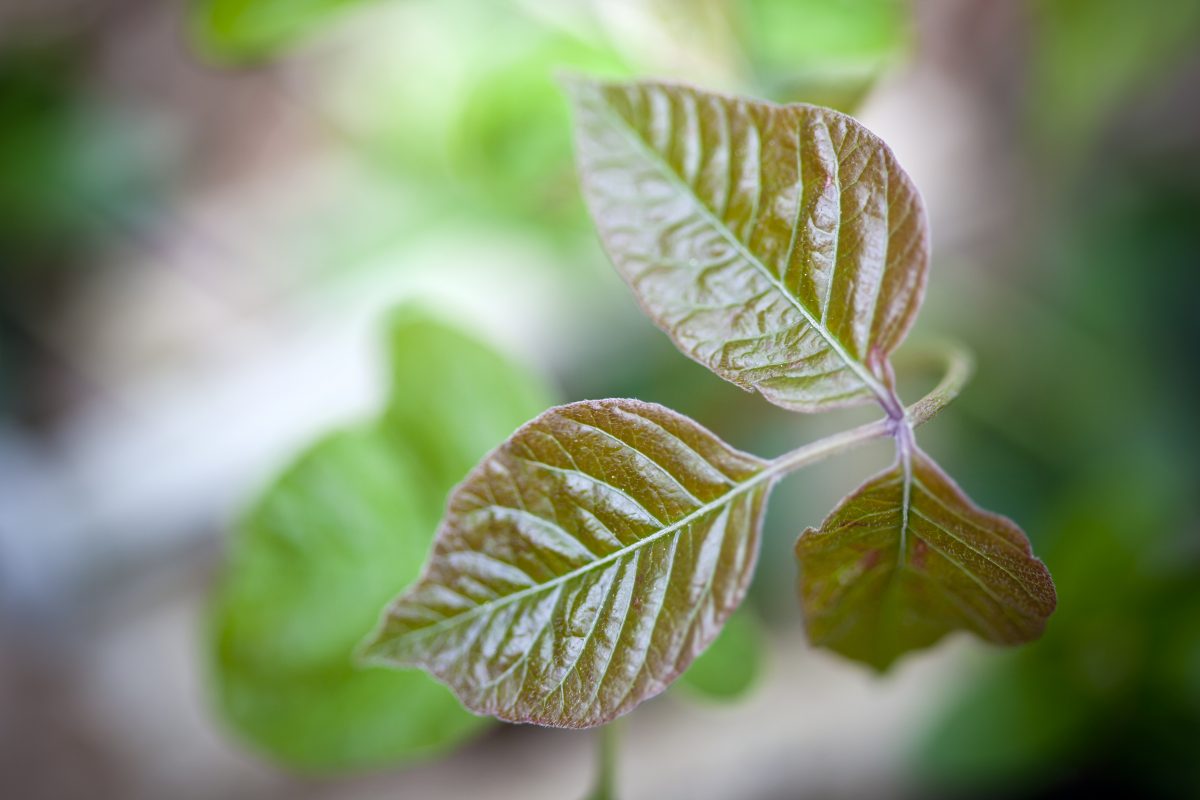Few things can ruin a camping trip like an encounter with a poisonous plant. As you take in Tennessee’s great outdoors this summer, be on the lookout for the ones most likely to cause painful problems.
The main culprits – poison ivy, poison oak and poison sumac – share several characteristics. The oil in these plants, called urushiol, is what causes a reaction when you touch it. The oil typically causes itching, blisters, rash and inflammation between 12 and 72 hours after contact.
What to Do if You’ve Touched a Poisonous Plant
If you think you’ve touched a poisonous plant, wash the area with soapy water as soon as possible. Oil can remain on some surfaces for up to five years, so remember to clean your clothes, tools and anything else that may have come in contact with the plant. You can soothe the symptoms with antihistamines, steroid creams and home remedies like oatmeal baths and cold compresses. For severe cases, particularly those that involve trouble breathing, seek medical care immediately.
Not everyone who touches these plants has a reaction, but why take the chance? Protect your skin by wearing long sleeves, long pants, boots and gloves. You can also set up a bucket of soapy water when you arrive at a camp or work site to make it easy to quickly wash away the oil and prevent a reaction.
The American Academy of Dermatology warns that you should avoid burning these plants. Oil in the smoke can irritate your skin and respiratory tract.
Now, learn to recognize the plants so you can steer clear of them:
Poison Ivy
You may have heard the saying “leaves of three, let it be.” That’s because poison ivy typically has three broad, spoon-shaped leaves. The plant can grow as a ground cover or as a thick, hairy vine on trees. In the fall, poison ivy has red leaves and cream or white berries. The highest concentration of urushiol is in the plant’s berries and flowers.

Poison Oak
Poison oak grows as a vine or shrub, and typically has leaves in clusters of three – but can have up to seven leaves in a group. As you might expect, poison oak leaves look very much like oak leaves. In the fall, they’re accompanied by small berries that are light in color: Tan, white, yellow or cream.

Poison Sumac
Poison sumac is much less common in Tennessee than poison ivy or poison oak. It looks like a small tree (or shrub) and grows most often in wet, wooded areas, like stream banks. The plants can grow as high as 15 feet and their leaves have smooth edges and pointed tips that grow in groups of seven to 13 per stem. In the fall, the plants grow small white or cream colored berries.

Nettle
Nettle is a poisonous plant that causes skin irritation. The plant looks soft and fuzzy, but those little hairs are full of chemicals that will leave you with a stinging, blistering rash for hours after contact. If you do touch the nettles, wash with soap and water – or even saliva, if necessary – to rinse the area. If you have it handy, apply a piece of strong tape to the affected area to remove any plant fibers still caught in your skin. Antihistamines and topical steroids can also bring relief.

These poisonous plants are common in Tennessee and will leave you itching, but other plants like hemlock and Jimson weed can be quite harmful – even fatal – if eaten. As a rule of thumb, never eat any plant unless you’re 100% positive it’s safe!
A few hidden dangers lurk in Tennessee’s abundant plant life, but knowing how to identify and avoid poisonous plants can help you make the most of your time outdoors.
Advice or recommendations are for informational or educational purposes only, not a substitute for a visit or consultation with your doctor.
Get more information about specific health terms, topics and conditions to better manage your health on bcbst.com. BlueCross BlueShield of Tennessee members can access wellness-related discounts on fitness products, gym memberships, healthy eating and more through Blue365®. BCBST members can also find tools and resources to help improve health and well-being by logging into BlueAccess and going to the Managing Your Health tab.



WellTuned provides inspiration and practical advice for healthy living.
WellTuned does not offer medical advice. Any personal health questions should be addressed to your doctor.